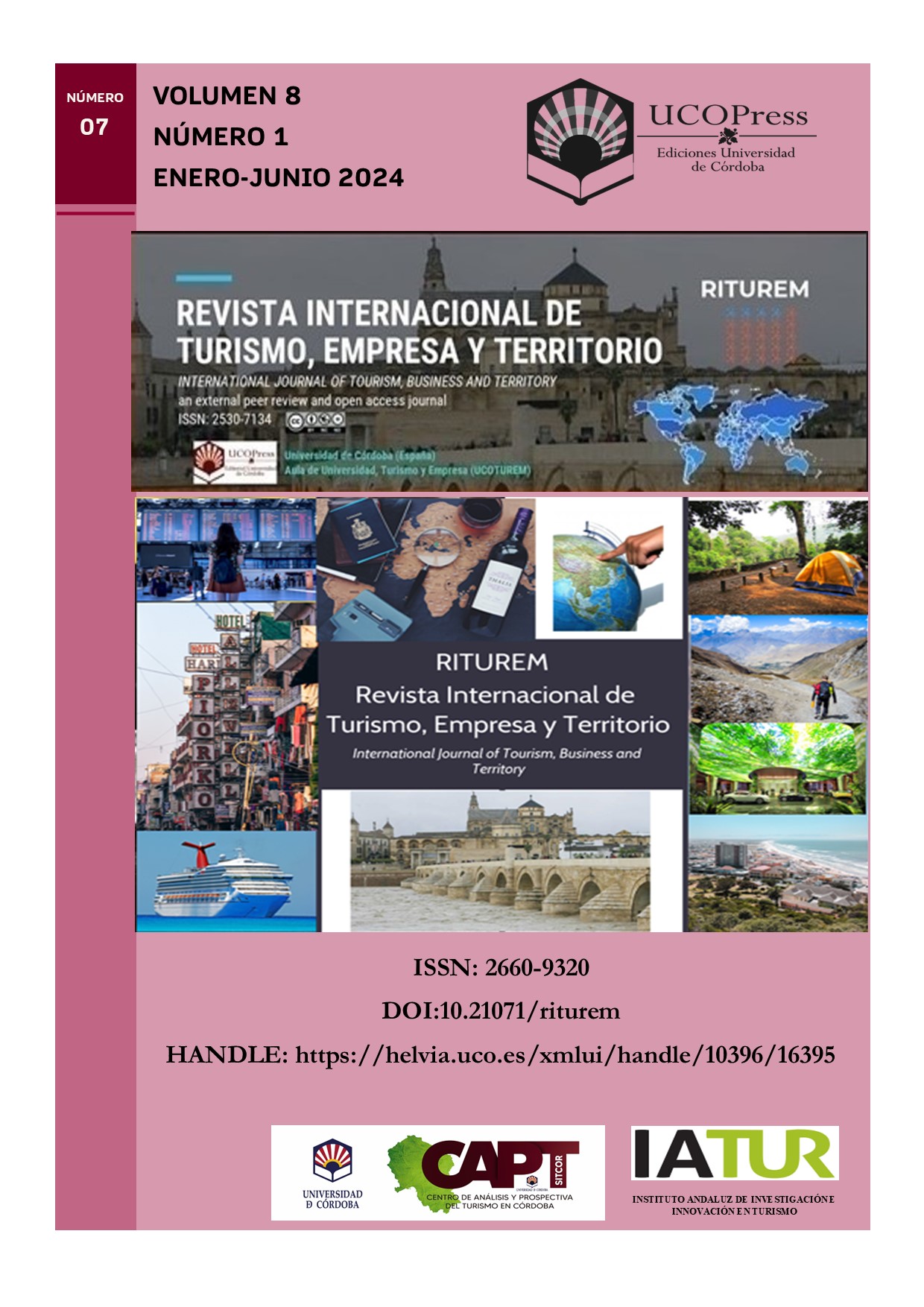Geotourism and natural and cultural heritage: contributions for the creation of a geopark in Campo de Cielo (Argentina).
Main Article Content
Abstract
Geoparks, as an instrument of geoconservation and socioeconomic development, have multiplied in the world in recent decades. Their organization seeks to integrate strategies that allow the use of local resources without affecting their future exploitation, involving the local community in their preservation and use. This brief essay analyzes some characteristics and conditions existing at the site called Campo del Cielo, located in northeastern Argentina, which was the scene of one of the largest meteorite showers ever to have occurred on the planet, leaving an extraordinary natural record. n addition, there is the link between this phenomenon and the cultures of native peoples. This natural and cultural heritage must be protected from looting and can be revalued within the framework of geotourism development. To achieve this, one possibility is through the creation of a geopark that establishes the foundations and allows the delineation of future strategies.
Keywords: Geopark; Chaco; Geotourism; Natural heritage; Cultural heritage. Conservation.
Downloads
Article Details
Copyright Notices Proposed by Creative Commons
Proposed policy for journals offering deferred open access
Those authors who have publications with this journal, accept the following terms:
1. The authors will retain their copyright and guarantee to the journal the right of first publication of their work, which will be simultaneously subject to the Creative Commons Recognition License CC BY-NC 4.0 (Creative Commons — Attribution-NonCommercial 4.0 International — CC BY-NC 4.0 ) hird parties to share the work provided that its author and its first publication is indicated this journal and no commercial use is made.
2. Authors may adopt other non-exclusive licensing agreements for the distribution of the published version of the work (e.g., deposit it in an institutional telematics file or publish it in a monographic volume) provided that the initial publication is indicated in this journal.
3. Authors are allowed and recommended to disseminate their work over the Internet (e.g. in institutional telematics files or on their website) before and during the submission process, which can produce interesting exchanges and increase citations of the published work. (See The effect of open access: http://opcit.eprints.org/oacitation-biblio.html.
